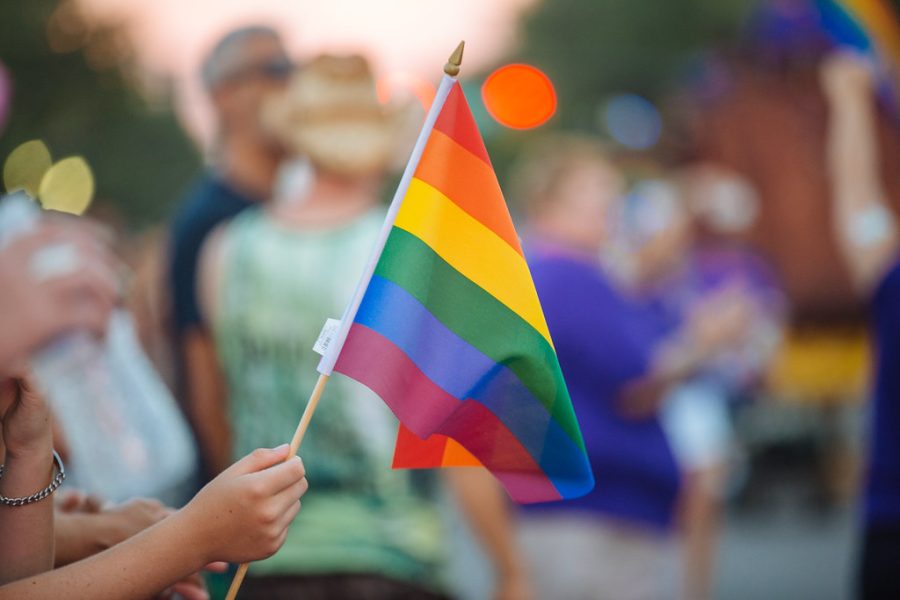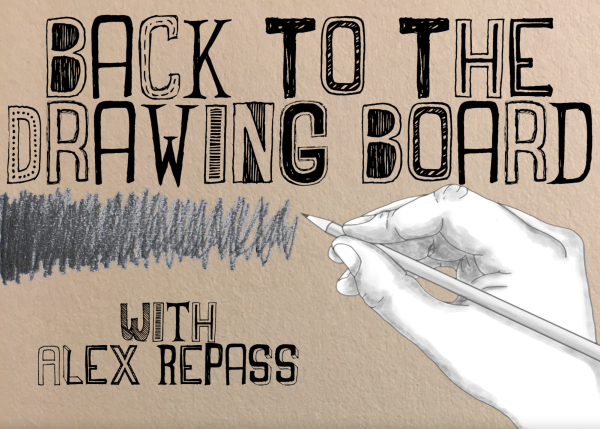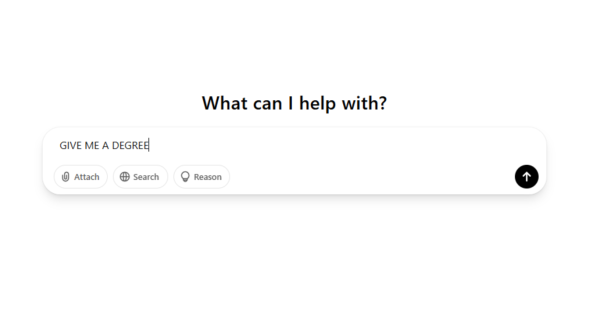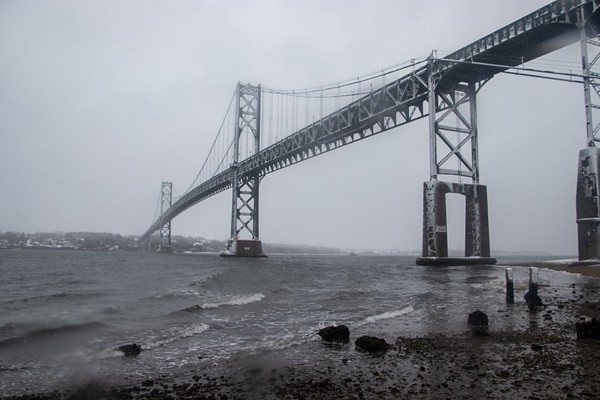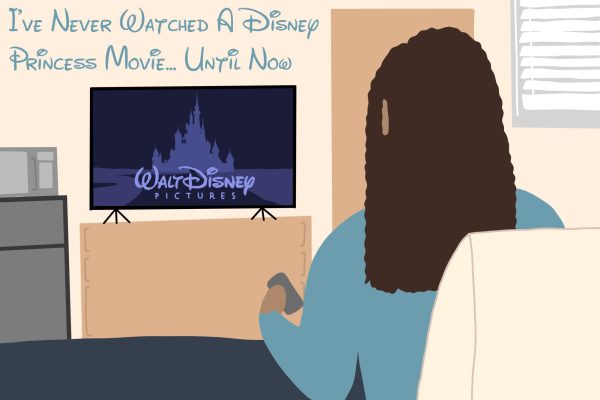Florida’s “Don’t Say Gay Bill” goes against everything SAGA stands for
Courtesy of CityofStPete on Creative Commons
Photo from a Pride Parade in St. Petersburg, FL. Florida’s “Don’t Say Gay” bill has been passed by Florida’s House of Representatives and is moving to Florida’s State Senate.
Disclaimer: the following article contains information that could be triggering to some people. If you are an LGBTQ+ individual in need of help, feel free to reach The Trevor Project at 212-695-8650. The Trevor Project is an organization dedicated to supporting struggling LGBTQ+ people.
One step forward, two steps back. This has been a common occurrence in the LGBTQ+ community’s fight for equality. I would argue that the Florida state legislature’s Parental Rights in Education bill (A.K.A. the “Don’t Say Gay Bill”) is at least four steps back. For those that do not know, the “Don’t Say Gay Bill” is legislation that would ban the discussion of certain LGBTQ+ topics in primary school classrooms. Florida’s House of Representatives passed the bill in a 69-47 vote, where it will now move to Florida’s State Senate. Florida Governor Ron DeSantis (R) has already signaled his support for the bill.
The bill has received widespread backlash, with its critics calling it harmful to the young Florida LGBTQ+ population by erasing its history from the classroom. The criticism does not end at the Florida state line, however. RWU’s Sexuality and Gender Alliance (SAGA)’s PR Chair and political science major Ash Bartels said in an exclusive interview with the Hawks’ Herald they were “not altogether surprised by a bill like this,” and that “we’ve been seeing bills like this pop up very consistently, especially in areas like Florida.”
Bartels was “very shocked” that DeSantis put his support behind the bill, and “considering that he is a potential 2024 presidential candidate, it is not a good sign for the LGBTQ+ community.” Bartels added that the bill means more than what it might look like on the surface. In terms of how SAGA views the bill, Bartels said there is “a genuine amount of concern from SAGA,” and that the bill “sends a message to the youth of America that it is inappropriate to talk about gender and sexuality…to ban something like [talking about gender and sexuality in school] in an entire state is completely inappropriate.”
I, for one, could not agree more. To suggest that discussing gender and/or sexuality in a classroom is “not age-appropriate” is as idiotic as it is harmful. It would also enforce in children’s very young minds that talking about the LGBTQ+ community, and by extension the community itself is wrong. It is during our childhood years that our minds are the most open, and when we should teach them that being LGBTQ+ is okay. Hatred is taught, not born.
Knowing that this bill can be very triggering for RWU’s LGBTQ+ population, Bartels said SAGA aims to make the Queer and Trans Resource and Advocacy Center (QTRAC) and SAGA a “safe space for students.”
“We do educate them about these things, if they want to talk about it, they are of course more than welcome to talk about it or ask us to talk about it,” said Bartels when asked if SAGA plans to discuss the bill amongst its members. “SAGA is a committed organization dedicated to education. A bill like this goes directly against what SAGA stands for.” Bartels also urged RWU students to educate themselves on the bill and other issues facing the LGBTQ+ community. “To be a good ally is to be an educated ally. To be in the community is to be an educated member of the community,” said Bartels.
Bartels also said SAGA will be reaching out to universities in Florida regarding what this means for them at a collegiate level.
If you are interested in SAGA, the organization meets on Wednesdays at 6 p.m. in the QTRAC.
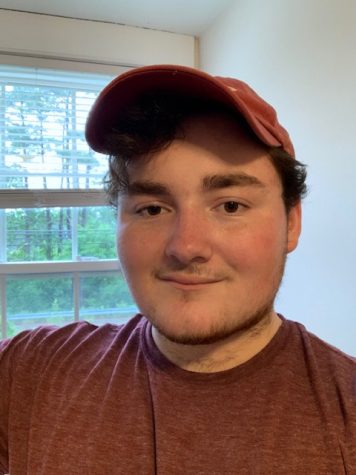
Luke Brennan is the Editor-in-Chief of The Hawks' Herald, previously serving as Managing Editor (2021-2022), Opinions Editor (2020-2021) and as a...

